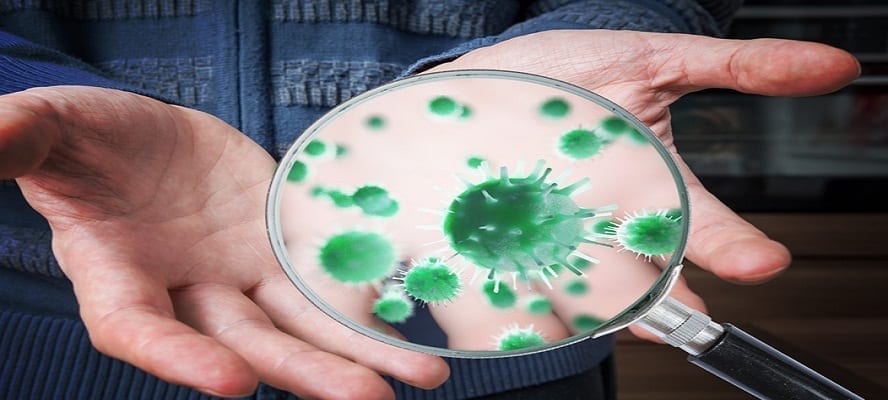Findings could predict susceptibility/safety; could be used to create a drug to deco-trap the virus effectively
In a study published in the Nature journal Communications Biology on April 12, 2021, an international team of researchers led by MedGenome, India/US and SciGenom Research Foundation (SGRF), India analysed genetic variation in ACE2, the receptor for the COVID-19 causing SARS-CoV-2 virus, from over 300,000 individuals and identified key mutations that are predicted to make individuals more susceptible to the COVID-19 virus. (https://www.nature.com/articles/s42003-021-02030-3)
They also reported ACE2 variants that can confer protection to individuals from the virus.
Using published structure models of ACE2-SARS-CoV-2 interaction, the authors previously had predicted the effect of the variants and now using wetlab experiments have confirmed these predictions. (https://www.biorxiv.org/content/10.1101/2020.04.07.024752v1, preprint paper, not peer reviewed)
The authors, using recombinant DNA and protein expression technologies, produced several human ACE2 variants and the viral Spike (S)-protein and tested them using biochemical assays to show that ACE2 variants have altered affinity for the S-protein.
In a step further, they showed that the recombinant ACE2 with increased affinity for the S-protein blocked the virus from infecting the cell, in line with their predictions.
“Our findings have important implications not just for predicting who might be more susceptible, but also using this information to create a drug that can trap the virus effectively. Soluble recombinant ACE2, carrying the natural variants that make it more sticky to the viral surface S-protein would be a great decoy-trap that can stop the virus on its tracks when infecting patients,” said Dr Sekar Seshagiri, president, SGRF, India and a lead study author.
The global pandemic COVID-19 caused by SARS-CoV-2 has resulted in more than 138 million cases of infection worldwide, leading to more than 2.97 million deaths. Symptoms of this disease include fever, chills, cough, diarrhoea and pneumonia. While some infected individuals are asymptomatic, about 10 per cent need hospitalisation and ~1-5 per cent of the cases are fatal. Understanding why some individuals are more severely affected than others by the virus is important for managing at-risk individuals. Also, developing effective drugs that can combat the virus will be important for managing the disease.
“A fast-evolving virus means that we need to stay vigilant and continue to develop innovative strategies for rapid testing, prevention and treatment of COVID-19 and be better prepared to fight future pandemics. Sustained efforts to comprehensively catalogue the various mutants and their effects on COVID-19 susceptibility will ultimately help develop targeted therapeutics to treat this deadly pandemic. We are in discussions with several pharma partners to advance their drug development work using insights from our genomics-guided study,” said Sam Santhosh, chairman, MedGenome.

